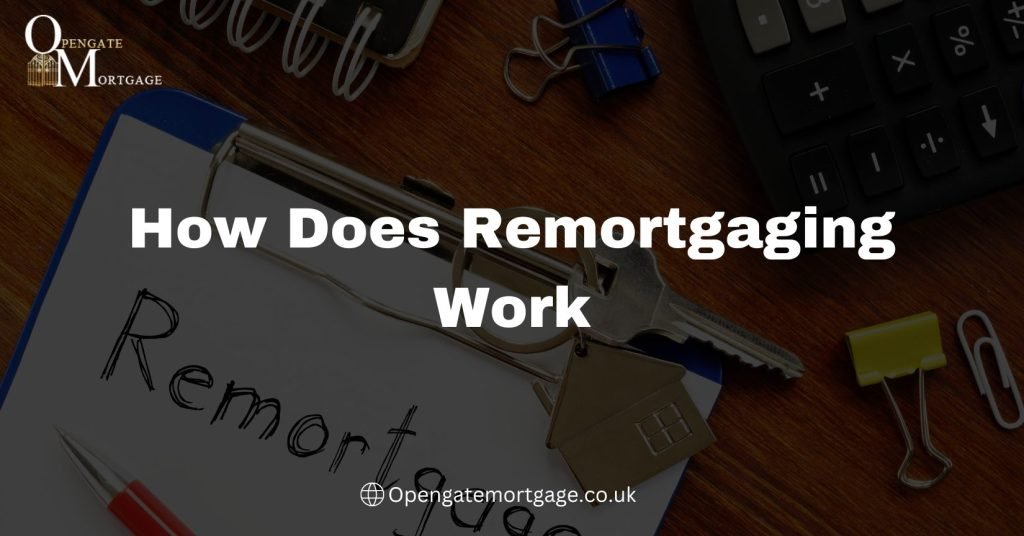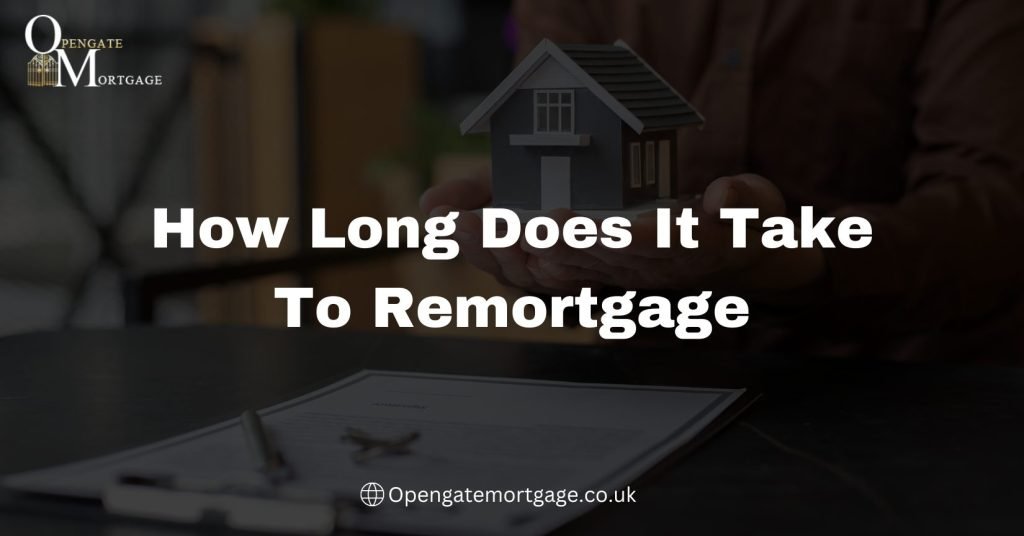As someone with bad credit, you may feel discouraged about your chances of getting approved for a mortgage. However, there are options available if you know where to look and how to prepare. Bad credit mortgage loans, specifically, are designed for those with credit scores below 640 who still want to purchase a home. With interest rates often higher than those offered to borrowers with good credit, these mortgages come with more stringent requirements.
However, if you take the right steps before applying, you can get approved, buy your dream home, and start rebuilding your credit. This article will walk you through the key requirements for bad credit mortgage approval and provide tips to help strengthen your application. With determination and the right strategy, bad credit won’t stand in the way of homeownership.

Why Bad Credit Doesn’t Have to Stop You From Getting a Mortgage
Bad credit can be an obstacle to getting approved for a mortgage, but it doesn’t have to stop you. There are options for those with less than perfect credit. The key is to take steps to improve your credit and choose the right mortgage program.
Check your credit report and scores
Order copies of your credit reports and credit scores to check for any errors and see where you stand. Work to pay down high-interest debts and limits on revolving credit like credit cards. Make payments on time going forward. Your score may improve over 6-12 months of responsible credit behavior.
Look at government-backed mortgages
Federal Housing Administration (FHA) loans and U.S. Department of Veterans Affairs (VA) loans offer more lenient credit score requirements. FHA loans allow scores as low as 500 with a higher down payment. VA loans don’t have a minimum score. These loans do have maximum limits on the mortgage amount in most areas.
Consider alternative mortgage types
Private lenders also offer options like adjustable-rate mortgages (ARMs), interest-only mortgages, and “nonprime” mortgages for those with credit scores below 640. These typically have higher interest rates but more flexible underwriting. Look for lenders advertising bad credit home loans or alternative mortgage programs.
Be prepared to put more money down
For any mortgage with less-than-perfect credit, you will likely need a bigger down payment, often at least 10-20% of the purchase price. The more money you put down, the less risk for the lender and the better your chances of approval on more favorable terms.
With time and effort, you can improve your credit and open up more opportunities to get approved for a mortgage, despite a few bumps in the road. Don’t lose hope! With the right strategy and resources, your dream of homeownership can still come true.
Types of Bad Credit Mortgage Loans Available
To qualify for a bad credit mortgage loan, you will need to provide documentation showing your ability to repay the loan. The specific types of bad credit mortgages available to you will depend on your credit score and debt-to-income ratio.
Federal Housing Administration (FHA) Loans
FHA loans are insured by the FHA and allow a down payment as low as 3.5%. However, borrowers with credit scores below 580 will face additional restrictions and higher interest rates. FHA loans also allow higher debt-to-income ratios, up to 57% of your monthly income.
VA Loans
For veterans and military members, VA loans do not have a minimum credit score requirement and offer 100% financing with no down payment. However, you will need a Certificate of Eligibility to show you meet the VA’s service requirements. VA loans typically have lower interest rates than other bad credit mortgage options.
Subprime Mortgages
Subprime mortgages are for borrowers with credit scores below 620. They typically require a down payment of at least 5% and have higher interest rates due to the lender taking on more risk. The terms are usually shorter, around 15-30 years. Subprime mortgages should only be considered if other options are not available, as interest rates can be considerably higher.
Private Lenders
As a last resort, private lenders specialize in bad credit mortgages for borrowers with scores below 500. However, their interest rates are often considerably higher, and they charge origination fees up to 5% of the loan amount. Private lenders may be an option if other lenders deny your application, but shop around and compare offers to avoid predatory lending practices.
With the right documentation and by exploring all your options, you can get approved for a bad credit mortgage loan. But be sure to check your credit report for any errors before applying, pay down debt if possible, and compare multiple offers to find the best deal for your situation.
Improve Your Credit Score Before Applying
To improve your chances of getting approved for a bad credit mortgage loan, you need to work on boosting your credit score before applying. Here are some steps you can take:
Check your credit report for any errors. Dispute them with the credit bureaus to get them corrected, which can raise your score. Pay down credit card balances to lower your credit utilization ratio. Keep balances below 30% of your limits.
Make on-time payments. Payment history is the biggest factor in your credit score. Set up automatic payments for at least the minimum due each month. As you establish a good payment pattern, your score will go up over time.
Do not apply for new credit quickly. New credit inquiries can lower your score slightly. Only apply for new credit when needed and in a short period of time so the inquiries are grouped together. New accounts will also lower your average account age, another factor in your score.
If needed, you may want to consult a credit counseling agency to set up a customized plan to rehabilitate your credit. They can help you create a realistic budget, set up payment plans for any collections or charged-off debts, and provide guidance on rebuilding credit in a strategic way.
Once you have taken steps to improve your credit and your score starts to rise, check it again right before applying for a mortgage. The higher your score, the more likely you are to qualify for a mortgage and get approved at a lower interest rate. While the road to good credit is not always easy, the payoff of homeownership and financial freedom is well worth the journey. Stay disciplined and keep working to build and maintain a solid credit profile.
Provide Alternative Types of Income Documentation
To get approved for a bad credit mortgage loan, providing alternative documentation to verify your income is crucial. Lenders need to see stable and reliable income to ensure you can afford mortgage payments.
Tax returns
Submitting tax returns from the previous two years can help demonstrate your income history. Make sure there are no major fluctuations year over year. If self-employed, include all schedules to give the full financial picture.
Bank statements
Recent bank statements, preferably from the last six months, provide concrete evidence of cash flow and income deposits. Highlight any income deposits to clearly show the source and amount. Large, unexplained deposits could raise questions, so be prepared to provide documentation explaining those transactions.
Pay stubs
For traditional employed income, supply recent pay stubs to verify your income. Multiple, consecutive pay stubs are best, ideally going back 3-6 months. Pay stubs should clearly state your employer details, pay amount, withholdings, and year-to-date income. This allows the lender to extrapolate your annual income.
Employment letter
If switching jobs recently or self-employed, obtain an employment letter to confirm your income. The letter should be on company letterhead, signed, and dated within the last 30 days. It should state your position, start date, and current salary. For self-employment or commission income, the letter should detail your income over the previous two years. An employment letter helps validate your income in the absence of lengthy pay stub or tax return history.
Providing alternative documentation and a written explanation for any irregularities in your income or credit history can help strengthen your case for a bad credit mortgage. With the right documentation and details, you can get approved for a mortgage, even with a history of bad credit. Focus on verifying stable and reliable income, and your chances of approval will improve.
Conclusion
You may have made some financial mistakes in the past, but that doesn’t mean homeownership is out of reach. Bad credit mortgage loans provide you an opportunity to repair your credit and build equity in a home. By finding the right lender, preparing thoroughly, and taking steps to improve your credit before applying, you can get approved for a mortgage, even with bad credit.
Stay determined and don’t get discouraged. While the process may require patience, hard work, and sacrifice, achieving the dream of homeownership will be worth it in the end. If you go in with realistic expectations, work to better your situation, and find the right team to help guide you, you’ll be well on your way to turning your credit around and opening the door to a place you can call your own.
People Ask Questions About Bad Credit Mortgage Loans
What credit score is needed for a bad credit mortgage?
Most lenders require a minimum score of 620 for a bad credit mortgage, though some may accept scores as low as 580. The higher your score, the better your chances of approval and the lower your interest rate. Check your credit reports and scores to determine your eligibility before you apply.
What down payment is typically required?
Expect to put down a larger down payment, typically at least 10-20% of the purchase price. The more you can put down, the better. A higher down payment means your loan-to-value ratio will be lower, reducing the lender’s risk. Some lenders may require up to 50% down for those with very low scores.
What interest rate can I expect to pay?
Interest rates for bad credit mortgages are usually higher than for those with good credit to offset the additional risk to the lender. Rates can vary from 5-10% or more depending on your exact credit situation. Shop around at different lenders to find the most competitive rate you can. Lowering your rate by even 1% can save thousands over the life of the loan.
Are there additional fees or requirements?
Bad credit mortgages often come with additional fees like origination fees, application fees, or broker fees. Lenders may also require you to pay for an appraisal to verify the value of the home. They may require additional documentation to verify your income and ability to repay the loan. Private mortgage insurance, homeowner’s insurance, and property taxes will also add to your costs.








This makes for an interesting read, there are definitely pros and cons that come with a 100% mortgage.